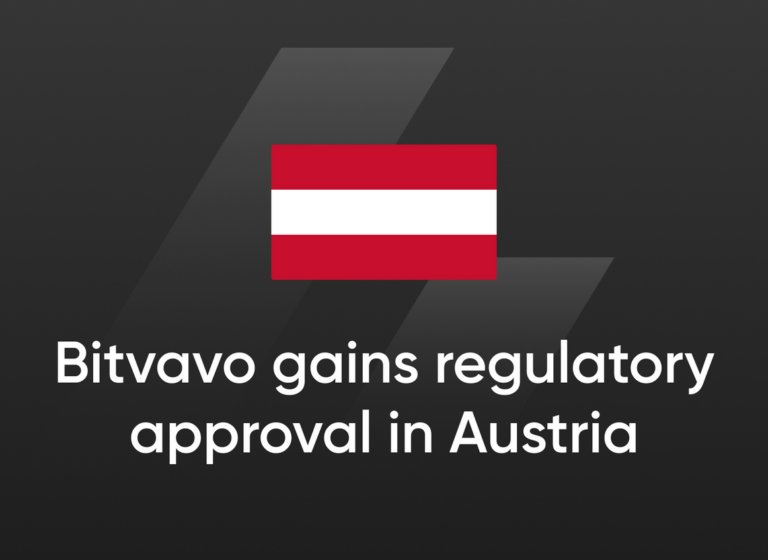Just a few weeks after the seed financing, the Munich-based startup Ivy (website) already announces the next funding: In its Series A, the well-known fintech investor Valar Ventures is participating. A sign that the mood among financiers is turning again. Just at the beginning of July, Ivy announced a funding round of seven million euros with prominent venture capitalist Creandum and a number of business angels such as N26 founder Maximilian Tayenthal.
Startup fund Valar Ventures was eager to get in on the Munich-based fintech as well and is now leading a $20 million Series A, according to founder Ferdinand Dabitz. Financing rounds in quick succession, the fear of investors not to get in on the contested deals and high sums for young companies – these are circumstances that the fintech world really only knew from the hype period of 2021. Since then, funders have been much more cautious. The deal around Ivy shows that such deals can continue to happen.
Behind the new hopeful are Ferdinand Dabitz, Joshua Becker, Simon Wimmer and Peter Lieck, who started out in their early 20s to shake up the payments market – no easy feat in a fragmented and highly competitive industry.
The Ivy founders see themselves as third-generation payment service providers: after the first instant payment providers and open banking solutions, they now want to build on the existing infrastructure and offer a globally scalable instant payment method, cutting out some middlemen.
Dabitz doesn’t understand why merchants should give up one to two percent of their revenue for payment service providers like Mastercard, Visa or Paypal. “We take out some items in our cost structure, for example, unlike Paypal, we don’t have any costs to credit card companies,” Dabitz said on the Finance Forward podcast recently. “That allows us to sell our product to merchants at excellent margins.” Merchants can also redistribute some of the savings or have trees planted for them through the green search engine Ecosia.





